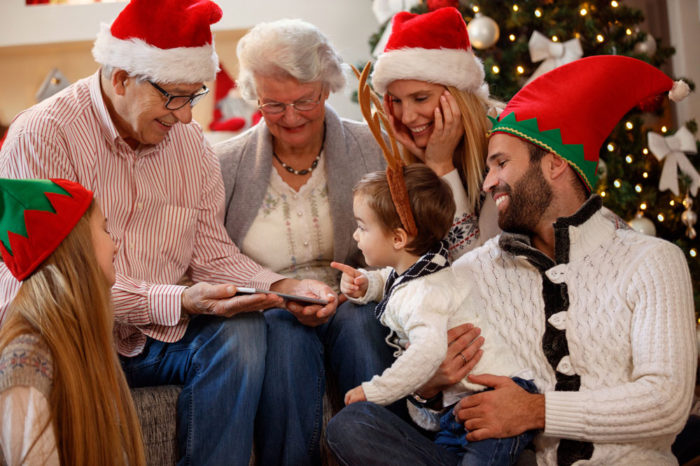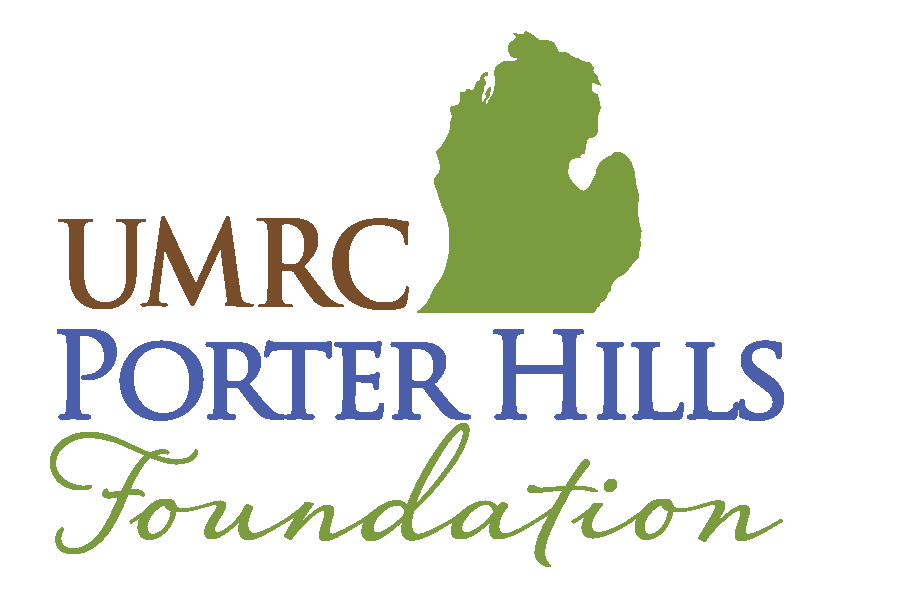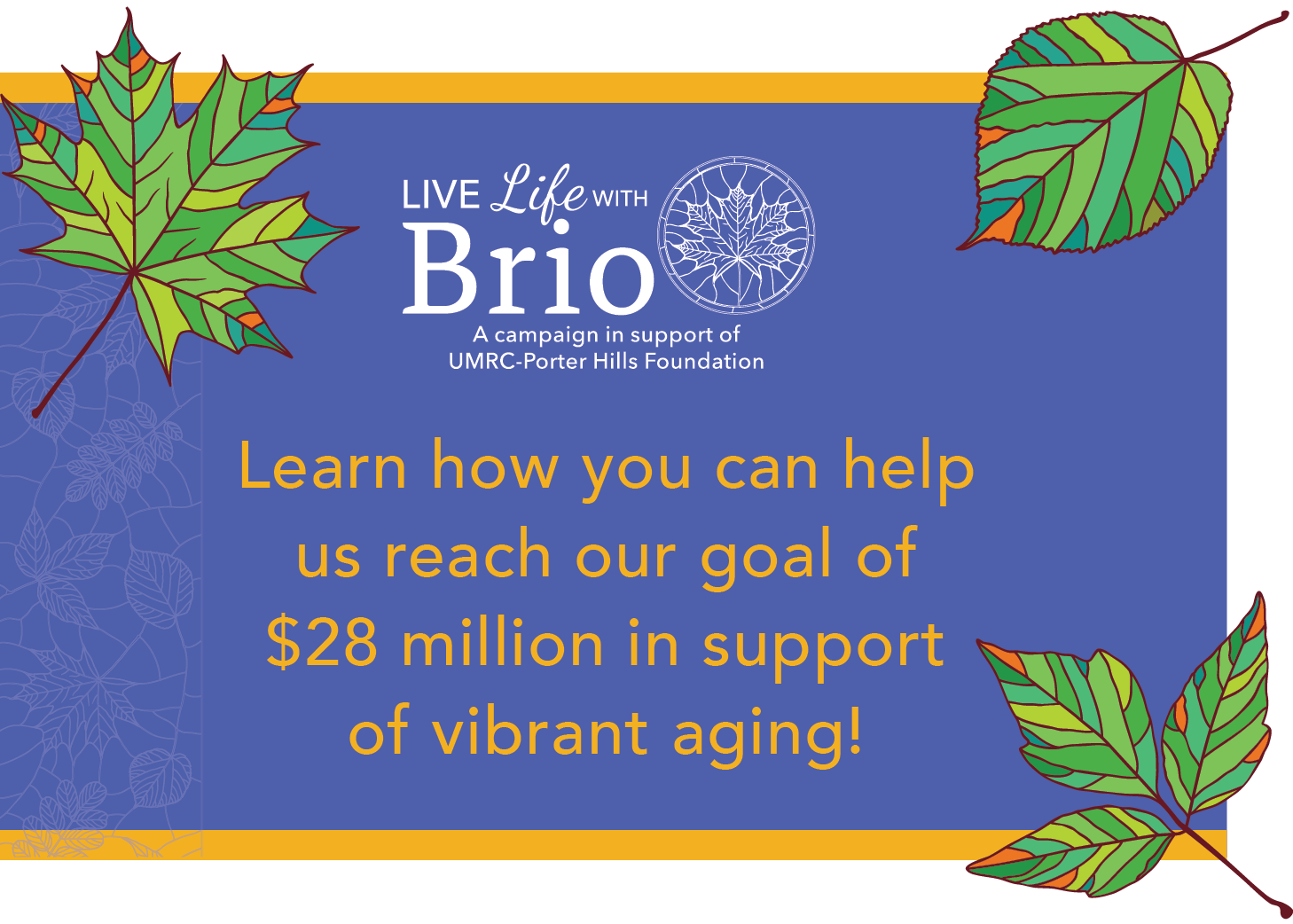

The holidays can be one of the most fulfilling times of the year, with friends and loved ones gathering for exciting events. These joyous occasions may also be a time to see loved ones who you don’t see as often. It is not uncommon to notice things in an aging loved one throughout these times that may bring up concerns. Whether it’s due to the stress of the season, or a health decline that may need more attention, learn more here about signs to look for that your loved one might need more help.
- Decrease in mobility
Is your loved one having difficulty rising from a chair and shuffling their feet more? These may be signs they're having more trouble getting from point A to B. As older adults age in place, it is natural to start using minimal areas of the home to make it easier to get around. Over time, a general lack of mobility could lead to decreased muscle tone and increased risk of falls. Falls result in over 3 million emergency room visits annually and could result in fractures, long recovery periods, and more.
- Changes in diet
Taste buds and appetites change as we age, thus making mealtime less enjoyable overall. This factor, along with perhaps cooking for one, can make it challenging for an older adult to prepare well-balanced, daily meals. Often with an aging older adult, this seemingly simple task can become even harder. With less frequent trips to the grocery store and no socialization involved, the motivation to prepare meals can easily dwindle.
- Medication management issues
"Take with water" and "take with food" may seem like simple suggestions on a prescription bottle, but often those directions, along with times of day or what not to mix them with, are critical in ensuring the medication is taken safely. Medication mix-ups and misses are common in older adults, especially as the number of medications increase. These errors could lead to side effects such as nausea or dizziness, or even something more serious.
- Transportation concerns
Although things like not driving at night and avoiding rush hour traffic are normal, it is not as normal to decrease trips out of the house in general. If your loved one is suddenly taking fewer trips to the grocery store, church, or other typical activities for them, they may be getting weary of the road. With well-known challenges for aging drivers like slower reaction times and eyesight difficulty, knowing when it’s right to stop driving will be essential to the safety of your loved ones and others on the road.
- Social isolation
Loss of friends or spouses, difficulty driving, and relatives living further away may all be reasons why your loved one is not as social as they once were. Over time, this lack of meaningful stimulation could have serious effects on your loved one’s mental and cognitive health.
- Difficulty with basic hygiene and appearance (dressing, bathing, etc.)
As activities of daily living (ADLs), such as getting dressed, bathing, brushing your teeth, etc., become more difficult for an older adult, you may notice changes in your loved one's appearance. If your loved one used to never leave home unless "dressed to the nines" and suddenly they don't look as well put together, these daily routines may be becoming more of a challenge.
- Increasingly forgetful
Although some forgetfulness is expected for older adults, things like repeating questions and stories, frequently misplacing items, and forgetting commonly known household items (spoon, hairbrush, for example), may be hints that the forgetfulness is not "normal aging."
It is also common for older adults experiencing memory loss to overcompensate with reminders as they become aware of this forgetfulness. Thus, you may find a loved one leaving notes for themselves throughout the home.
- Noticeably disorganized
Is your once neat and tidy loved one suddenly accumulating more clutter in their living space? Although keeping a home in order can be a challenge for any of us, this could also be a sign that those household chores are becoming more of a burden for them to accomplish, especially if those tasks involve going up and down stairs and standing for long periods of time.
- Decreased interest/motivation
Motivation can be difficult to find at any age! A lack of interest and motivation to do activities that were once enjoyed may be something your aging loved one is experiencing. This could be due to a variety of reasons, but also could be a sign that your loved one is having more difficulty doing these things due to physical or cognitive decline.
- Changes in sleep patterns
As an older adult ages, it is common to notice sleep quality decreasing. This may translate to your loved one sleeping more during the day, waking frequently at night, and sleeping in later. They also may not be as busy as they once were during daytime hours, making it more difficult to fall asleep at night.
Some of these signs may be more subtle than others, but could all be signs of a larger problem. Brio Living Services is here to help start a conversation and point you in the right direction. Even if your loved one doesn’t need additional help immediately, it’s always a good idea to have a plan.
Brio Living Services’ assisted living options provide the peace of mind needed to know that your loved one is well taken care of. Our communities seek to provide services necessary to the individual, to ensure they remain independent for as long as possible. These include transportation, housekeeping, and assistance with medications and hygiene needs. The assisted living environment provides countless enriching and social opportunities like fitness programs by trained professionals, daily meals in the dining room, and stimulating gatherings to help older adults live life to the fullest.
At Brio Living Services, we realize you may not have the answers for what your loved one needs and may not know where to start. We are here to support you and to serve as an expert resource. With skilled professionals, including social workers, memory care specialists, and more, we can provide much needed, unbiased information about available options for your loved one – even if it’s not with us.
To learn more about assisted living options and to connect with us, click here Best Assisted Living Communities in Michigan | Brio Living Services (mybrio.org). Wishing you and your loved ones a joyous holiday season!

